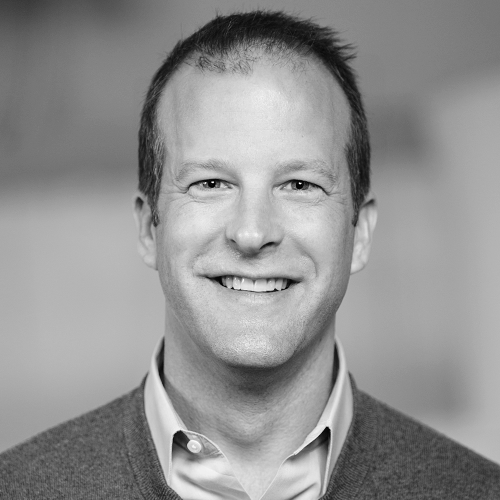Six-year-old Justin Long and his father set out for a run. The child pounded the pavement as fast as he could to keep up, just as he normally did.
Suddenly, Long’s father stopped mid-pace. He held his palm to his chest; he had to be taken to the hospital. Long’s father died a couple of days later from heart issues.
At thirty-one years old, Long’s mother was left to take care of Long and his one-year-old brother alone. She had moved from the United Kingdom, and her family was still there. Without their support, she couldn’t handle two rambunctious boys and the financial needs of raising the family on her own. She made the difficult decision to put Long in foster care.
He moved from home to home for nine months. “There was a lot of confusion of what was going on, and I was a difficult six- and seven-year-old,” admits Long. After nine months, Long moved in with his uncle in Pittsburgh, Pennsylvania, for a year before ultimately moving back with his brother and mother.
It was still a difficult family dynamic, and Long searched for stability. That’s when he was introduced to Big Brothers Big Sisters of America. The nonprofit partners adult mentors, or “Bigs,” with children who need guidance.
“Whether it was working three jobs through law school or just managing data security compliance, I’m not afraid to roll up my sleeves and work hard.”
Long’s Big was a lawyer who worked for the US Navy Judge Advocate General’s Corps. They played baseball, watched movies, ate at local restaurants—all things Long loved but couldn’t do before. “He really was a father figure in my life,” Long says. “He really helped foster four things that I still love: sports, food, movies, and the law.” In the four years Long had his Big, he was introduced to the political system and social issues. It instilled a curiosity in him that he couldn’t shake.
When Long was in high school, he balanced working almost full-time, playing organized sports, and keeping up his grades. He bagged groceries and stocked shelves at a local store during the school year and through the summer months.
“We didn’t have the money to buy the new CD players everyone else had,” Long says. “I wanted to be able to buy that and food and snacks. When I was growing up as an active and tall sixteen-year-old, making sure you had enough food was an important piece of your day.”
After graduating from high school, Long attended Old Dominion University to pursue a degree in political science. He paid his way through college and took his grades seriously.
While earning his degree, Long remembered what it was like to be hungry and volunteered at the Food Bank of Southeastern Virginia, unloading trucks and sorting food. The organization offered him a paid warehouse position that allowed Long to earn money while he was in school.
Upon graduation, the Food Bank offered him a full-time operations manager position. He supervised a staff of about twenty people and managed a $1 million budget and more than seven million pounds of food.
He enjoyed the job, but it paid just $13,500 annually, so at night, he waited tables. He needed the second job to pay rent, repay his student loans, and make ends meet.
Eventually, Long’s supervisor—who was one of Long’s former professors—pulled him aside and asked Long what he wanted to do with his life.
The supervisor told Long to go to law school. He didn’t hesitate. Long took the LSAT and applied to thirteen law schools.
His long hours at the grocery stores and his enduring passion for the law instilled a work ethic that serves him as corporate counsel of regional grocer Giant Eagle.
At Giant Eagle, Long is responsible for everything from banking and payments to training and business law. “Whether it was working three jobs through law school or just managing data security compliance, I’m not afraid to roll up my sleeves and work hard,” says Long.


